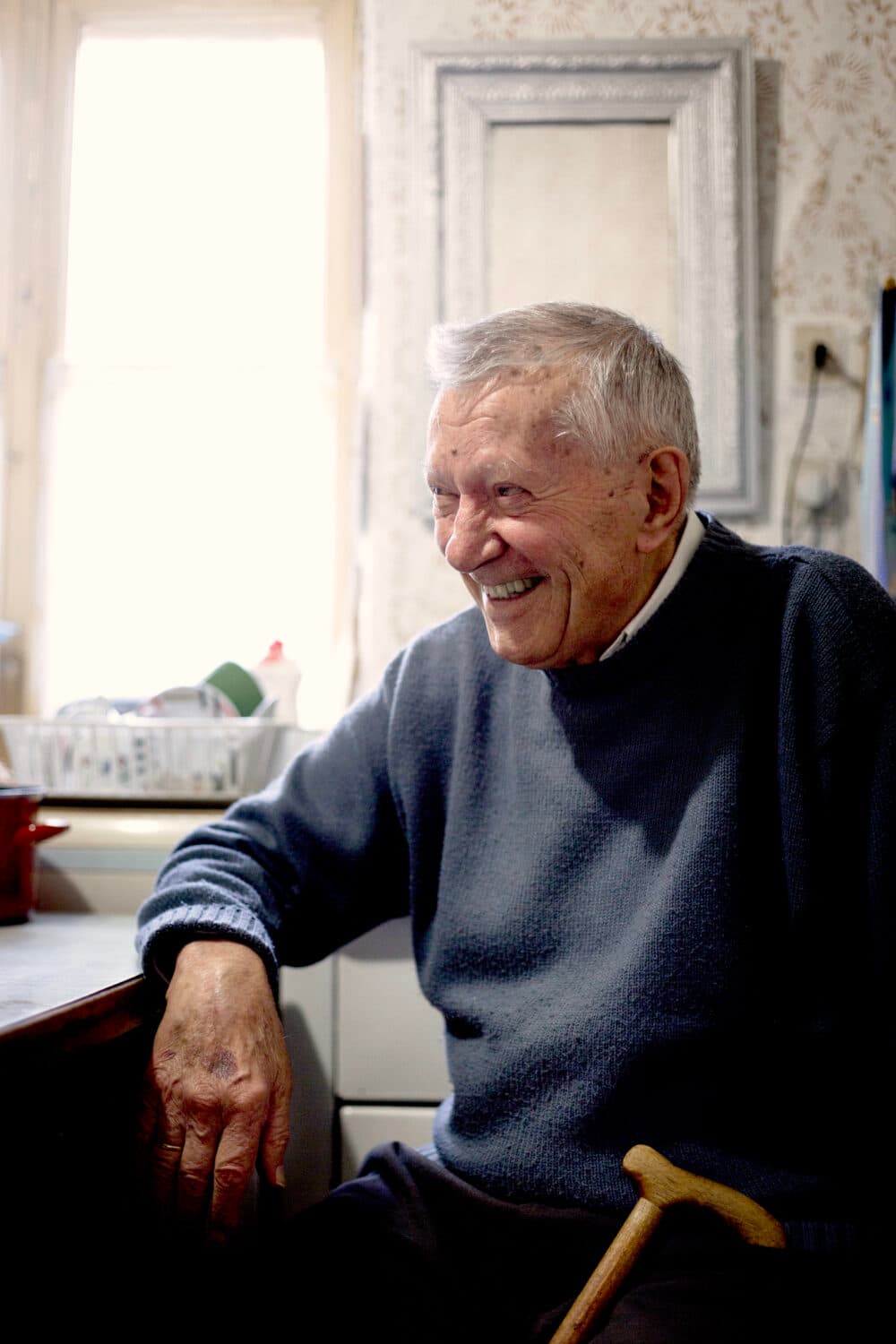The Three Golden Rules of Dementia Care: A Compassionate Approach

Do You Know the Best Way to Communicate with Someone Living with Dementia?
Caring for a loved one with dementia can be both rewarding and challenging. Conversations that once felt natural may now require a different approach to avoid distress and confusion. The way we communicate can have a lasting impact on well-being, which is why the three golden rules of dementia care offer a structured yet compassionate way to engage with individuals living with the condition.
These principles form part of the SPECAL method—a recognised approach that helps to ease anxiety, promote understanding, and create positive interactions. Understanding these three rules can make everyday conversations more comfortable for both individuals with dementia and their caregivers.

What Are the Three Golden Rules of Dementia Care?
The SPECAL method highlights three key communication principles when supporting a person with dementia:
1. Avoid Direct Questions
Asking questions might seem like a natural part of conversation, but for someone with dementia, it can be overwhelming. Memory loss makes it difficult to recall facts, and being asked to retrieve information can lead to frustration, anxiety, or withdrawal.
Instead of asking questions that require factual recall, conversations should be structured to allow engagement without pressure. For example:
- Instead of asking, “What did you have for breakfast?”, try saying, “Breakfast was delicious today, the toast was lovely.”
- Rather than, “Do you remember where we went yesterday?”, try, “We had a lovely outing yesterday; the weather was wonderful.”
By shaping conversations in this way, individuals with dementia can feel more included and less anxious about struggling to find answers.
2. Listen to the Expert – The Person with Dementia
Even though dementia affects memory, emotions remain strong. People with dementia may repeat questions or statements as they try to make sense of their surroundings. Rather than correcting them, listening carefully and responding with reassurance can provide comfort.
Observing which responses bring peace can help caregivers maintain a consistent, calming approach. For example:
- If a person repeatedly asks about a loved one, a reassuring response like, “They are thinking of you and looking forward to seeing you soon,” is more comforting than explaining they are unavailable.
- If they believe they need to complete a task, such as going to work, a gentle response like, “Everything is taken care of today, you can relax,” is more effective than correcting them.
This approach reduces distress and helps to create a sense of security.
3. Do Not Contradict
As dementia progresses, individuals may increasingly rely on past memories to interpret present situations. They might refer to people, places, or events from years ago as if they are happening now. Correcting them can cause confusion and upset, so it is kinder to follow their lead.
For example:
- If someone insists they need to pick up their children from school, rather than saying, “Your children are grown now,” it is more reassuring to say, “Everything is sorted, you don’t need to worry.”
- If they believe they are still living in a past home, rather than saying, “You moved years ago,” it is better to respond with, “You’re safe here, and everything is just the way it should be.”
By avoiding contradiction, caregivers can help maintain a calm, positive environment.

The SPECAL Approach: How Memory Changes in Dementia
The SPECAL method, developed by the Contented Dementia Trust, uses the analogy of a photograph album to explain memory loss. In a healthy memory system, new experiences are stored as ‘photographs’ in an album, containing both facts and feelings. Over time, we refer to these photographs to understand our surroundings.
In dementia, this process changes. While feelings remain intact, factual memories become harder to store and retrieve. This creates ‘blanks’ in the memory album, causing individuals to rely on older memories to interpret their present-day reality.
Recognising this shift allows caregivers to adapt their communication style. Since emotions remain clear even when facts fade, focusing on feelings rather than accuracy ensures more positive interactions.

How These Rules Improve Dementia Care
Applying the three golden rules of dementia care creates a more supportive environment by:
- Reducing anxiety – Avoiding direct questions removes pressure.
- Encouraging engagement – Listening and responding with consistency fosters security.
- Promoting dignity – Respecting the person’s perspective helps them feel valued.
- Improving emotional well-being – Creating an understanding atmosphere enhances quality of life.

Providing Dementia Care at Home
For many families, supporting a loved one with dementia at home is a priority. Implementing these three rules can make interactions more meaningful and reduce stress for both the individual and their caregiver.
At Home Instead New Forest, we recognise the importance of compassionate, person-centred dementia care. Our specially trained caregivers understand how to apply the SPECAL method in daily interactions, ensuring comfort, consistency, and security for those we support.

Recognising When Additional Support is Needed
Dementia is a progressive condition, and there may come a time when additional help is required. Some signs that extra support might be beneficial include:
- Increased confusion or disorientation – Difficulty recognising familiar places or people.
- Challenges with personal care – Struggles with dressing, eating, or managing hygiene.
- Safety concerns – Wandering, increased risk of falls, or difficulty managing medication.
- Emotional distress – Frequent agitation, withdrawal from social activities, or increased anxiety.
Seeking professional care can provide reassurance while ensuring safety and well-being.

Finding the Right Support with Home Instead New Forest
Caring for a loved one with dementia is both a privilege and a challenge. Understanding how to communicate effectively can make a significant difference, but professional guidance and support are invaluable.
At Home Instead New Forest, we provide expert dementia care tailored to the individual’s needs. Our dedicated caregivers are trained to use the SPECAL method, ensuring every interaction is reassuring, respectful, and compassionate. Whether you need regular support or occasional respite, we are here to help.
For more information about our dementia care services, contact Home Instead New Forest today. We are here to support you every step of the way.

Areas We Serve
Lymington, Brockenhurst, New Milton, Totton, Lyndhurst & the surrounding areas.
BH23 8, BH24 4, BH25 5, BH25 6, BH25 7, SO40 2, SO40 3, SO40 4, SO40 7, SO40 8, SO40 9, SO41 0, SO41 3, SO41 5, SO41 6, SO41 8, SO41 9, SO42 7, SO43 7, SO45 1, SO45 2, SO45 3, SO45 4, SO45 5, SO45 6
5 Rashley Mews, High St, Lymington SO41 9AR, UK
01590 637 250